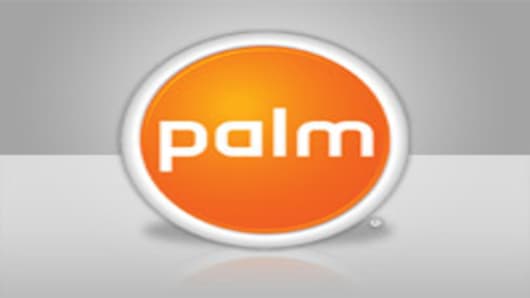By now you know the row: Palm co-opts Apple iTunes access for its new Palm Pre smart phone without permission and hails the electronic trespassing as a key selling point for iPhone users to switch platforms. Apple vows to protect its intellectual property and earlier this summer issues an "update" to iTunes that cuts off Pre users from syncing their devices to iTunes. Then Palm issues an update of its own, re-opening Pre's access to iTunes. That's the 30,000 foot perspective, anyway.
But as you get a little closer to the issues, they get far stickier, and far thornier, for both Apple and Palm.
Palm filed complaint with the USB Implementers Forum, the standards group that oversees USB connections on things like smartphones and computers, claiming that the Apple's iTunes update was an improper use of the technology and that it violated USB standards rules. It was a bold move; a bold move that failed miserably and calls into question Palm's broader strategy - and ultimately the Pre's success in the market.
- Slideshow: Evolution of Wireless Communication
Here's why: In a letter released yesterday, the USB-IF first found that Apple actually doesn't seem to be violating any rules or standards when it comes to the Palm complaint. Palm claimed in its complaint that after the Apple update, "When a USB device recognized by the host computer attempts to connect with iTunes, iTunes now checks the Vendor ID number included in the USB device descriptor. If the Vendor ID number is anything other than Apple's Vendor ID number, iTunes will limit access." And this is a bad thing? That's how the software and hardware should have been working all along, but not until Palm's egregious attempt to access technology it didn't own did Apple take the steps that hadn't really been necessary until then. Until Palm's audacity, Apple likely wasn't in any hurry to take this step of protecting the technology it spent a fortune to develop, and is now reaping the rewards from its innovation in the marketplace.
But the USB-IF finding goes further. Much further. "However," the body writes to Palm, "your letter also states that: 'Palm will shortly issue an update of its WebOS operating system that uses Apple's Vendor ID number for the sole purpose of restoring the Palm media sync functionality." In other words, Palm is telling the USB-IF, We're putting you on notice that we are taking the technological steps to continue our questionable practice of technology trespassing anyway. Just lettin' you know!
The USB-IF responds: "Under the Policy, Palm may only use the single Vendor ID issued to Palm for Palm's usage. Usage of any other company's Vendor ID is specifically precluded. Palm's expressed intent to use Apple's VID appears to violate the attached policy. Please clarify Palm's intent and respond to this potential violation within seven days."
Ouch, ouch, and double ouch.
There it is for the world to see, from the overseeing body in which Palm sought refuge and solace. Instead, the company gets a closed fist retort right to the jaw. I spoke to a Palm spokesperson today who tells me, "We engaged with the USB-IF because we believe consumers should have freedom and choice in how and where they use DRM-free media they already own. We're reviewing the letter from the USB-IF and we'll respond as appropriate."
Palm has some good points, taken directly from the words of Steve Jobs himself when it comes to DRM-free music. In his 2007 "Thoughts on Music" treatise, he writes: "Imagine a world where every online store sells DRM-free music encoded in open licensable formats. In such a world, any player can play music purchased from any store, and any store can sell music which is playable on all players. This is clearly the best alternative for consumers, and Apple would embrace it in a heartbeat."



